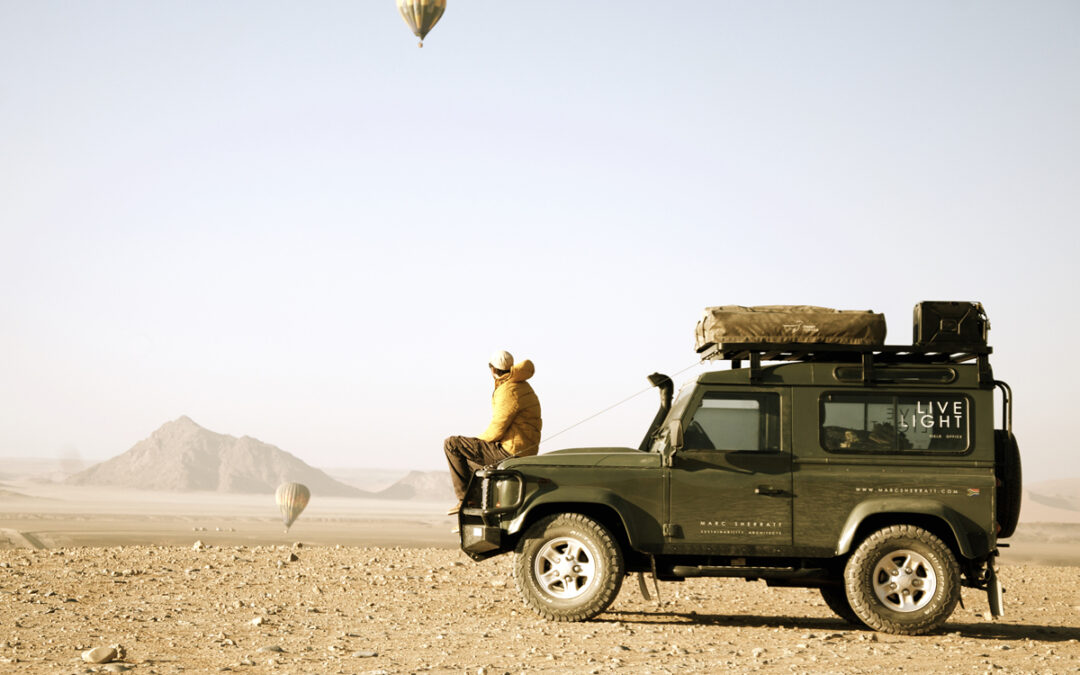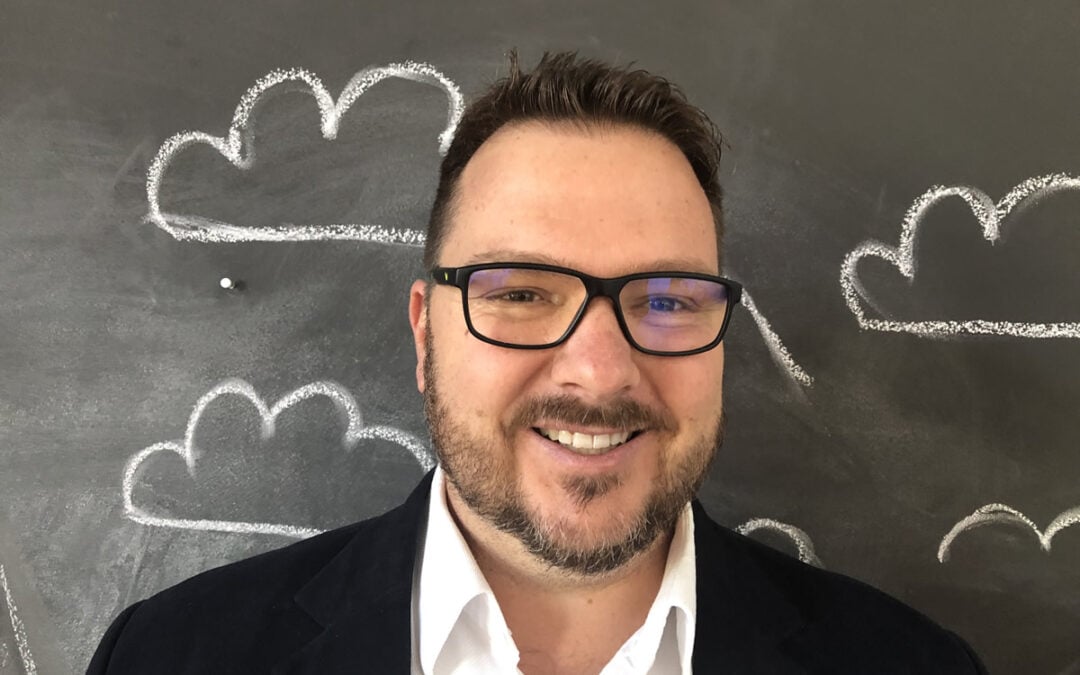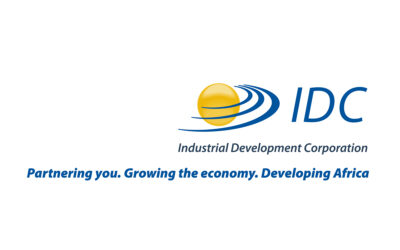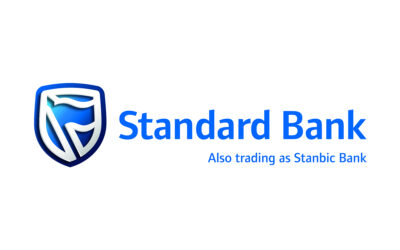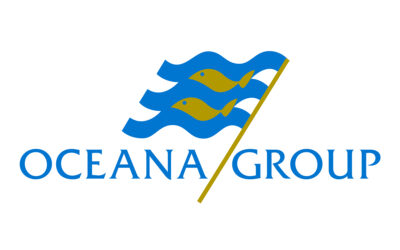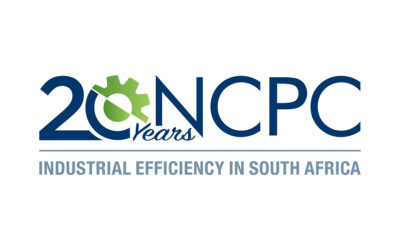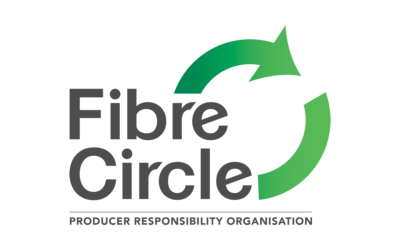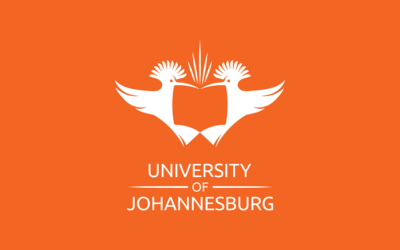“Nazeer Sonday is a small-scale farmer and chairperson of the Philippi Horticultural Area Food and Farming Campaign. He was born on a smallholding in Philippi outside Cape Town. “My family was removed from the area in 1973 under the Groups Areas Act. I returned in 1991 and bought one hectare of land, where I pursue a livelihood as a small-scale farmer,” he says.
Sonday has been involved in community development since 2008, when he started the area’s first non-racial civic association and an emerging farmers’ group. These organisations merged in 2013 and became the PHA Food and Farming Campaign.
Sonday defines sustainability in farming as making sustainable use of natural resources such as land, soil, water and biodiversity. But Sonday says that these resources are degraded and to just maintain their status is not enough: instead, he believes in regeneration.
“Our objectives are to protect the PHA agricultural land from urban sprawl for the benefit of everyone in the city. We also aim to protect the Cape Flats aquifer and to develop a small-scale farming model.””
“Our objectives are to protect the PHA agricultural land from urban sprawl for the benefit of everyone in the city. We also aim to protect the Cape Flats aquifer and to develop a small-scale farming model.”

